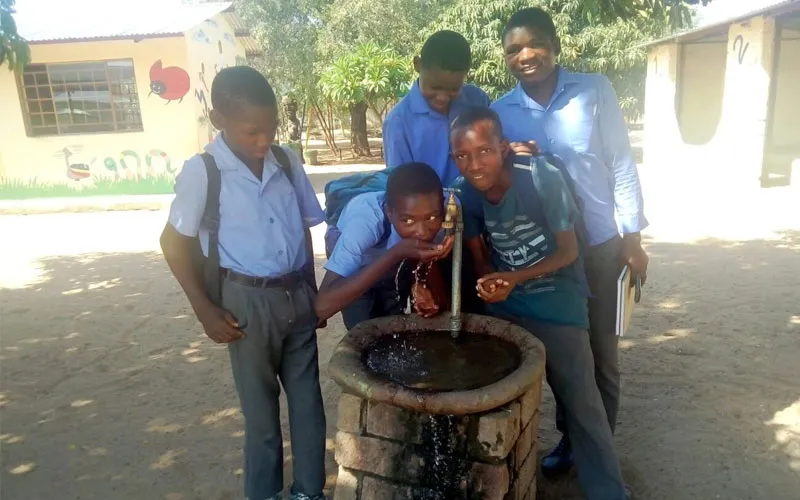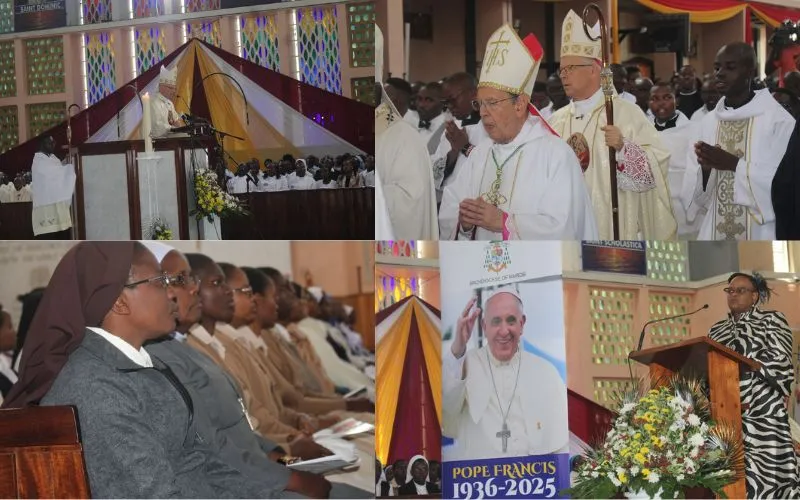Rundu, 02 April, 2022 / 3:00 pm (ACI Africa).
The U.S.-based development arm of the Religious Institute of the Salesians of Don Bosco (SDB), Salesian Missions, has facilitated clean water supply to hundreds of learners who access the Don Bosco Center and Primary School in Namibia’s Apostolic Vicariate of Rundu.
Through the “Clean Water Initiative”, SDB members have been able to set up “a new water tank and pump to supply fresh drinking water” at the “newly opened” Catholic learning institution.
In a Tuesday, March 29 report, Salesian Missions officials say, “The water supply at the newly opened school has been limited due to water interruptions in the town of Rundu, which has created a challenging situation.”
“The Don Bosco Center, which includes the primary school, administration, computer training center, chapel and other youth facilities, welcomes more than 600 people each day,” SDB members say in the March 29 report.
They add, “The Don Bosco Primary School teaches children ages 2-10 who come from conditions of poverty in their home lives.”








